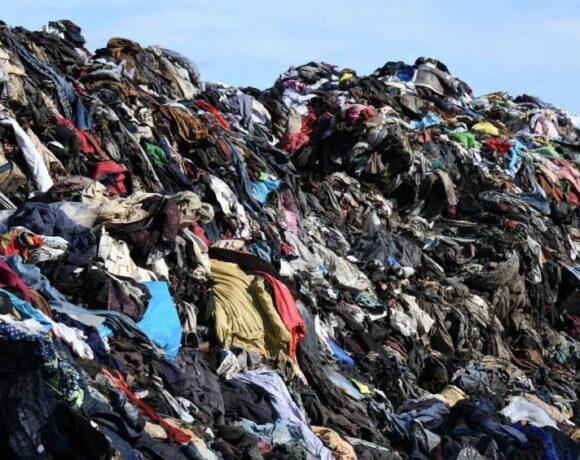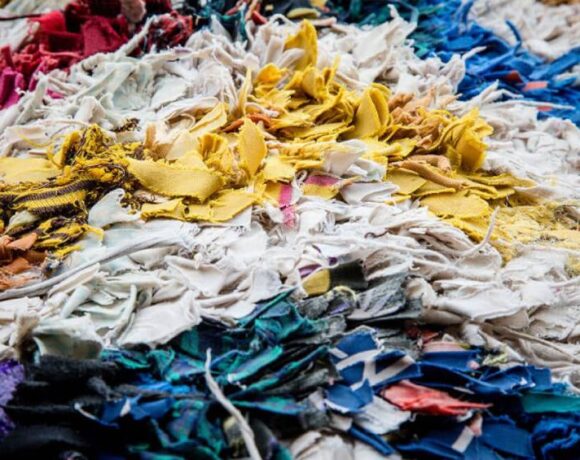Canada Intensifies Efforts To Combat Plastic Waste In Textiles

Canada is ramping up its initiatives to tackle plastic waste and pollution in the textile and apparel industry. Textiles are the fifth-largest category of plastic waste in Canadian landfills, prompting the government to prioritize keeping these materials in the economy and out of the environment.
On July 4, Steven Guilbeault, Minister of Environment and Climate Change, announced a consultation process to develop a roadmap addressing plastic waste in textiles. Canadians and stakeholders are invited to provide feedback until September 1, 2024. This feedback will inform a draft roadmap, set for release later this year.
The proposed waste-management strategy focuses on maintaining textiles within the circular economy through redesign, reduction, reuse, repair, and recycling, rather than energy recovery and landfilling. The goal is to transition towards a sustainable, circular economy.
Synthetic clothing, shedding microfibers during wear and washing, significantly contributes to microplastic pollution. With synthetic fibers like polyester making up about 54% of global fiber production, the environmental impact is substantial. In Canada, limited textile recycling means roughly 98% of plastic textile waste ends up in landfills, and about 878 tonnes of microfibers enter North American waters annually.
Minister Guilbeault highlighted the importance of tackling plastic waste across all sectors to protect the planet and foster a greener future. Preventing textile waste from reaching landfills or becoming pollutants helps retain the economic value of plastics while reducing their ecological footprint.
Since 2018, the Canadian government has worked with organizations and stakeholders to research microfiber pollution, identify challenges and opportunities, and pilot recycling and waste diversion programs in the textile sector. These efforts are part of a broader plan to reduce plastic waste through targeted actions across the plastics lifecycle.
Canada’s Federal Plastics Registry will collect data on plastics in textiles, including market quantities and end-of-life management, to inform future policy decisions and industry practices. This supports the government’s commitment to a circular economy for plastics.
As global clothing production has surged by 400% over the past 20 years, addressing plastic waste in the textile sector is urgent. Canada’s efforts to develop sustainable solutions reflect a commitment to reducing environmental impact while fostering economic sustainability. The ongoing consultation and resulting roadmap will be crucial in guiding these efforts towards a more circular textile industry.














